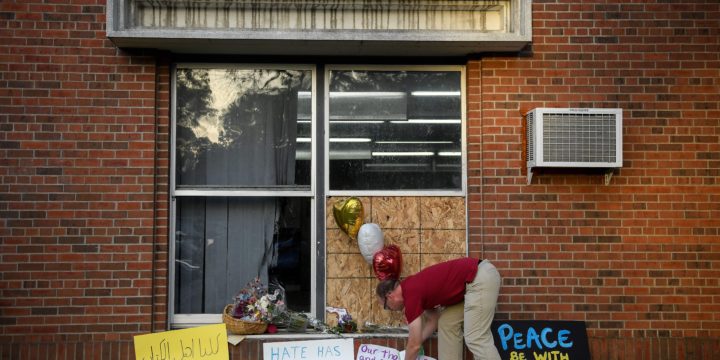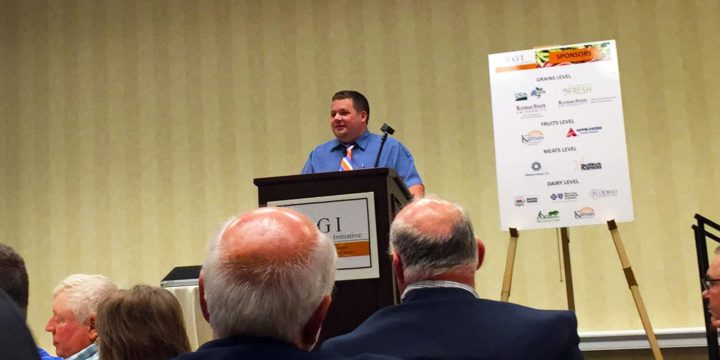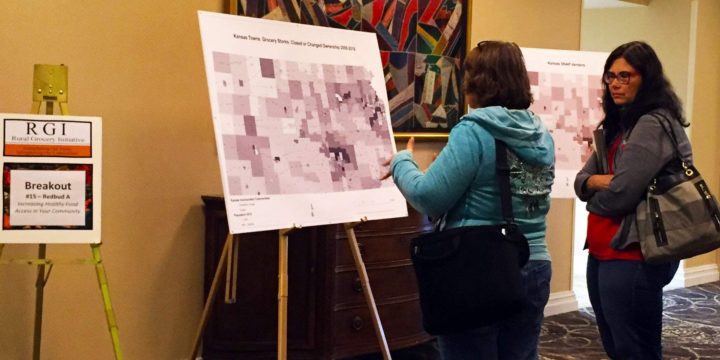
Maybe the answer is fewer rural hospitals
Midwestern health providers and stakeholders are speaking out, and what they have to say is surprising. Could fewer hospitals bridge the widening urban-rural health gap? A new report highlighting the challenges and opportunities in rural health care across Iowa and six other Midwestern states says small communities need more flexibility to customize health care services, workforces and facilities to meet individual needs — even if, in some communities, it results in the loss of a full-service hospital. The Bipartisan Policy Center and the Center for Outcomes Research and Education spoke with more than 90 thought leaders and key stakeholders in Iowa, Minnesota, Montana, Nebraska, North Dakota, South Dakota and Wyoming to compile the report, which was released this month. [caption id="attachment_1874" align="alignleft" width="500"] Stethoscopes hang in a clinic hallway on May…





